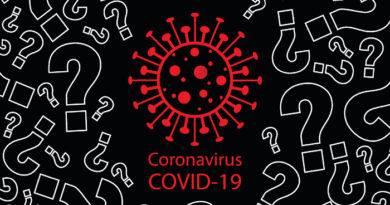The Worse-Than-Useless Pandemic Models Are Back Already

The U.K. Health Security Agency stopped publishing Covid modelling data this January. However, finding alternative labour for the out-of-work modellers only took a month.
The UKHSA’s Chief data scientist Dr. Nick Watkins said the country is living with Covid thanks to vaccines and therapeutics, and the data is “no longer necessary.”
The agency is now turning to models to understand the impact of Influenza H5N1 – Bird Flu – if mammalian transmission is established. Models will estimate the prevalence of the outbreak using different surveillance approaches, reasonable worst-case scenarios and the impact of public health measures, including border measures, on containing an outbreak. Hmmm, sounds familiar.
Information from the Government’s Independent Technical report – we wrote about this in December – stresses the importance of modelling.
Epidemiological modelling has been an important tool throughout the pandemic to interpret data to support understanding the situation, and to provide scenarios to develop awareness of the potential impacts of different options for policy choices.
But hold on – it’s not just one model; you need multiple models to generate the truth!
Modelling is considerably more robust when more than one model (ideally a minimum of three) is considered and a consensus is built and agreed across a broad community.
There you have it: consensus is all you need. Evidently, it introduces quality assurance and seemingly lowers the risk of “spurious results”.
Ah, but there are some limitations, as the Technical report informs us:
As the Omicron variant emerged in South Africa in November 2021, it was impossible to tell whether its early apparent decreased severity would be replicated in the U.K.
However, by December 2021, the models were overly pessimistic and far from reality. So on December 15th, we wrote ‘We’re almost certainly overreacting’ in the Telegraph.
Read More: The Worse-Than-Useless Pandemic Models Are Back Already
This article has been archived for your research. The original version from David Icke can be found here.



